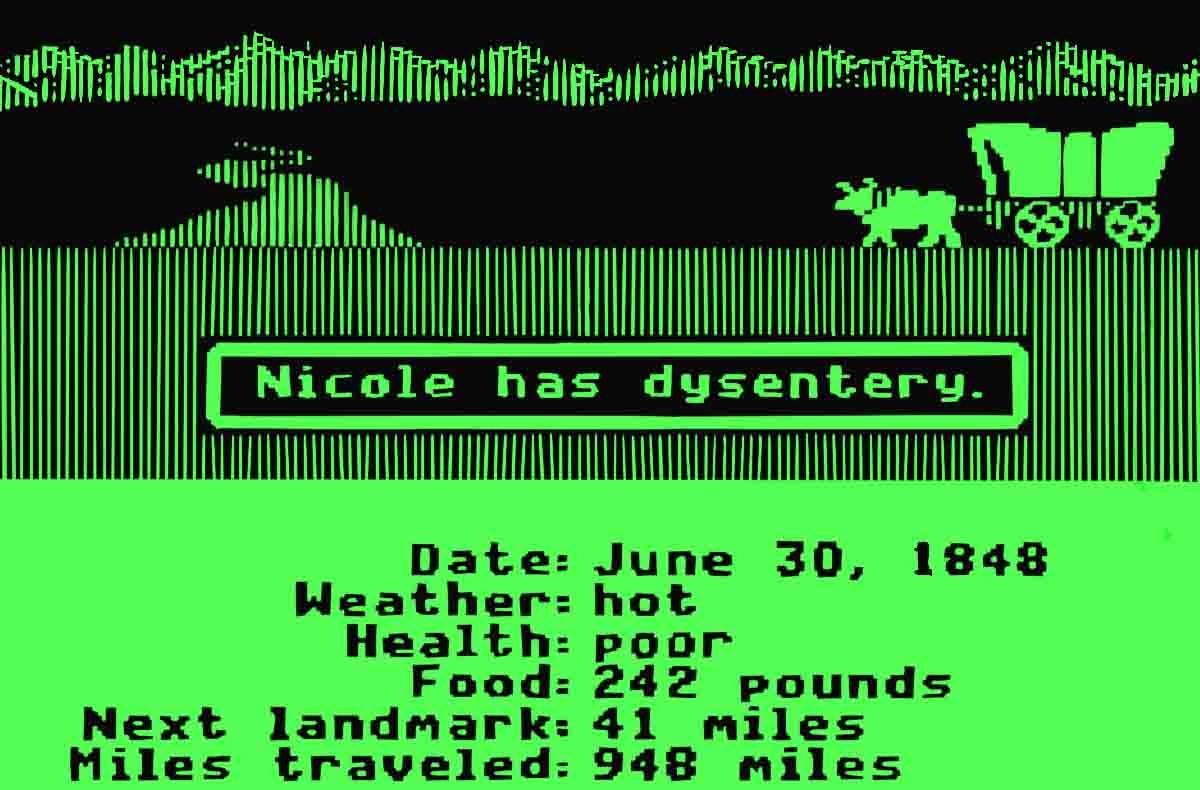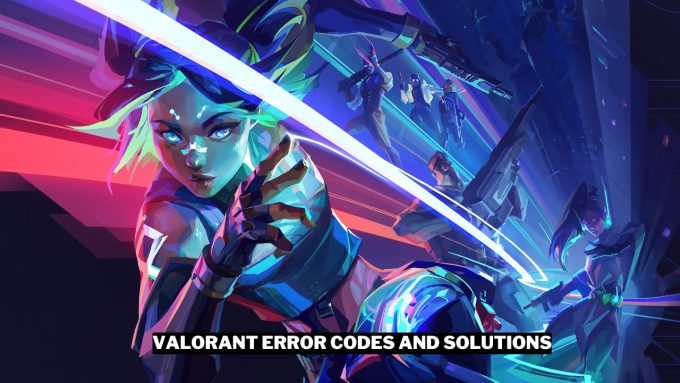Although we often attribute success in video games to skill, there are instances where luck plays a crucial role. Certain games may have intricate mechanics and extreme difficulty levels that require players to rely on luck and hope for the best.
Additionally, randomly generated levels can sometimes result in an abrupt end to a gameplay session. A game developer can skillfully incorporate a luck element into their game, making it enjoyable for players.
However, if not executed properly, the inclusion of luck can lead to frustration and negative feedback from players.
You Might Also Like:
Video Games You’ll Need Luck To Beat
1. Dragon’s Lair

If you find yourself succeeding in Dragon’s Lair, it’s likely because you have prior experience with the game or you simply have a lot of luck on your side. This particular game is not known for being forgiving, much like the IRS when it comes to late tax payments.
While the LaserDisc arcade classic featured impressive hand-drawn animation, the gameplay itself was rather simplistic, resembling a high-speed version of Simon Says.
Players had to continuously replay and invest more money into the machine in order to memorize the required movements. On the bright side, the game did provide some visually stunning death animations for the protagonist, Dirk the Daring.
2. Battletoads

This particular game may be considered as one that demands exceptional skill, but for our sake, let’s say that you need a lot of luck to defeat Battletoads. While it is possible to play the game in single-player mode, it is nearly impossible to beat it that way.
In two-player mode, each toad can harm the other, making it even more challenging. Given the fast pace of the game, you will either require luck or the capability to slow down time.
3. No Man’s Sky

Video games that feature procedurally generated levels offer players unique and ever-changing gameplay experiences.
This was especially evident in the highly anticipated game No Man’s Sky, where players had the opportunity to explore an infinite number of planets with various environments.
However, one drawback of the game was that when players first started, they were randomly placed on a planet that could potentially pose immediate threats and challenges.
In certain games, luck plays a crucial role as you may find yourself on a planet that has excessive radiation or insufficient oxygen.
This creates a sense of urgency to quickly start gathering resources, and unfortunately, in some cases, an unlucky planet can force you to restart the entire game.
4. Mortal Kombat 2

During the 1990s, fighting games didn’t provide much assistance to players and battling against computer opponents was quite challenging.
However, Mortal Kombat 2 took the difficulty to a whole new level by having the artificial intelligence (A.I.) instantly react to your button presses.
Instead of being able to analyze fighting styles and devise strategies, your success in this game’s higher difficulties relied heavily on finding a lucky exploit in the A.I.’s programming.
5. Mario Kart

In a fair and competitive game where players have similar skills, the outcome often depends on who obtains the most advantageous power-up at the perfect moment.
In the Mario Kart series, falling behind is no longer a major setback as various power-ups can help players catch up.
These include the bullet power-up, which propels players forward, and the blue shell, which disrupts the racer in first place.
Mario Kart races are filled with chaos and unpredictability, which can be both advantageous and disadvantageous.
However, fans of the series understand that luck is an inherent aspect of enjoying the thrill of high-speed racing.
6. Oregon Trail

The game mentioned in this text had a lasting impact on school children who had to cross a waterway on a ferry. Despite being marketed as an educational game about a pioneer family heading west, it only brought pain to its players.
Oregon Trail offers various strategies to approach the game, but unexpected events such as prairie fires, theft, or a broken wagon axle still occur.
Unlike slot machines that occasionally bring excitement with monetary wins, Oregon Trail consistently reminds players of the deaths of their family members from dysentery.
7. Zelda 2: The Adventure Of Link

Zelda 2 was ahead of its time in terms of the multitude of features that the developers incorporated into this iconic NES game. However, one downside is the inclusion of random enemy attacks.
While the top-down view when exploring the world in Zelda 2 may be familiar, when confronted by enemies, the game shifts to a unique side-scrolling style where you must either engage in combat or retreat.
This can be time-consuming and if you are ill-prepared, it can deplete your character’s resources and hinder your progress in the game. At the very least, it can be quite irritating.
8. NFL Blitz

The game NFL Blitz has caused many Nintendo 64 and PlayStation controllers to be thrown into walls. Even if you make the best play calls and have impeccable timing, Blitz ensures that the game remains competitive, similar to how NBA Jam used to be.
When you’re in a situation where you’re leading your little brother by a few touchdowns in a game, you may notice that even reliable receivers start to miss catches, highly skilled players start to fumble, and your defense becomes unreliable.
It seems like the game is working against you, and ultimately, the outcome of the game depends on a few crucial plays before time runs out. In reality, winning becomes a matter of luck.
9. XCOM

Games that rely on strategic decision-making typically do not heavily incorporate luck into their gameplay. However, the XCOM series breaks this mold by introducing a significant element of chance in its tactical choices.
Players must make critical decisions with the understanding that they may either achieve remarkable success or lead to the downfall of Earth. XCOM does not necessarily favor those who are lucky, but instead compels players to anticipate and prepare for unfortunate outcomes.
While it is possible to have a seemingly guaranteed 95 percent chance of hitting an enemy, there are occasions when the mere five percent prevails.
10. Mario Party

The Mario Party series has created countless cherished moments amongst loved ones, although it poses a challenge for those seeking victory through skill and strategy.
Even if you have never played Mario Party before, the abundance of bonus stars and coins distributed ensures that you are always in contention to win, regardless of how far behind you may be.
This inclusive and enjoyable aspect of Mario Party is what makes it so enduring, but it can also give the impression that the outcome of the game is inconsequential.
11. Tetris

Tetris, a puzzle game developed by Alexey Pajitnov in 1984, requires players to strategically place falling tetrominoes on the bottom of the playing field.
The objective is to create complete vertical lines using these pieces to earn points. However, players have no control over which pieces they receive, making luck a significant factor in the game.
The challenge lies in skillfully placing the pieces, but ultimately, chance plays a crucial role in Tetris.
12. Lost Dimension

In the vein of other Japanese role-playing games (JRPGs) such as the recently released Monark, Lost Dimension is a tactical JRPG from 2014.
The game revolves around a team of young adults who are determined to protect the world from a mysterious force.
The story follows the main character, Sho Kasugai, who is a member of a group of psychics known as S.E.A.L.E.D.
Their mission is to ascend a colossal tower and confront the primary antagonist, The End, who intends to bring about the destruction of the world.
However, Lost Dimension introduces a distinctive aspect to this familiar format. In each playthrough, the game randomly designates five out of the 10 party members as traitors, leaving Sho with the task of identifying them.
Due to the randomness of this selection and the lack of clear clues, players will frequently have to rely on guesswork and hope for their accuracy.
13. 100% Orange Juice

100% Orange Juice is a virtual board game developed by Orange_Juice, an independent game developer from Japan.
This unique game features characters from Orange_Juice’s previous games, all coming together to compete against each other in a thrilling crossover experience.
The story revolves around the main character, Kai, whose wallet is stolen by a mischievous creature called Marie Poppo.
Determined to retrieve his stolen possession, Kai embarks on an exciting and adventurous journey through various worlds.
Despite its adorable art style, players should not underestimate the complexity of the gameplay. In this game, four players compete against each other by rolling dice and using a deck of cards to navigate the board.
The objective is to be the first to reach level six, which can be achieved by collecting stars, engaging in player battles, or defeating bosses. While certain strategies can be utilized, a significant portion of the game relies on luck.
14. SCP – Containment Breach

Following the positive reception of the brief horror game SCP-087-B, Joonas “Regalis” Rikkonen, a developer from Finland, made the decision to develop a complete game that incorporated various SCPs from the SCP Foundation.
The result was SCP – Containment Breach, a survival horror game that can be played for free. In this game, players assume the role of D-9341, one of the numerous human test subjects held captive by the SCP Foundation for the purpose of testing the SCPs.
In the midst of a series of experiments, a breach occurs in a secretive underground facility, resulting in the escape of all the SCPs held within.
Now, the protagonist, D-9341, faces the challenge of escaping the facility alive while avoiding the various dangerous anomalies that roam the building.
However, due to the random generation of the facility and the possibility of different items, hazards, and SCPs appearing in each playthrough, this task proves to be more challenging than it seems.
15. Phasmophobia

Phasmophobia is a popular horror game that was launched in early access in 2020. In this first-person investigation survival game, players are required to explore different locations and uncover the identity of the ghost haunting the place.
Whether playing alone or with others, players must utilize different tools like a spirit box or an EMF Reader to collect data about the ghost. Successfully identifying the supernatural threat allows the investigators to earn money.
When playing certain games, players may encounter ghosts that are randomly generated when the game map is loaded. These ghosts have the ability to kill players, making it challenging to locate and identify them, particularly on larger maps.
Unfortunately, if a player is unlucky, they may spend a significant amount of time, up to 30 minutes, trying to find the ghost only to be killed without gathering any useful information.
For more content on List check out the relevant links below and any of our guides, list of games, and news on Gamerode.













Leave a comment